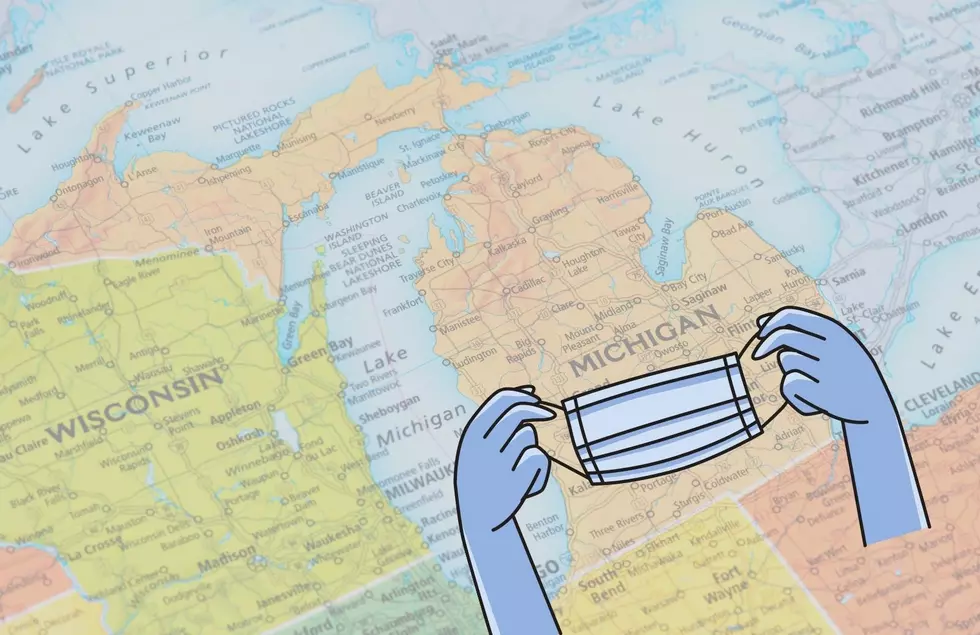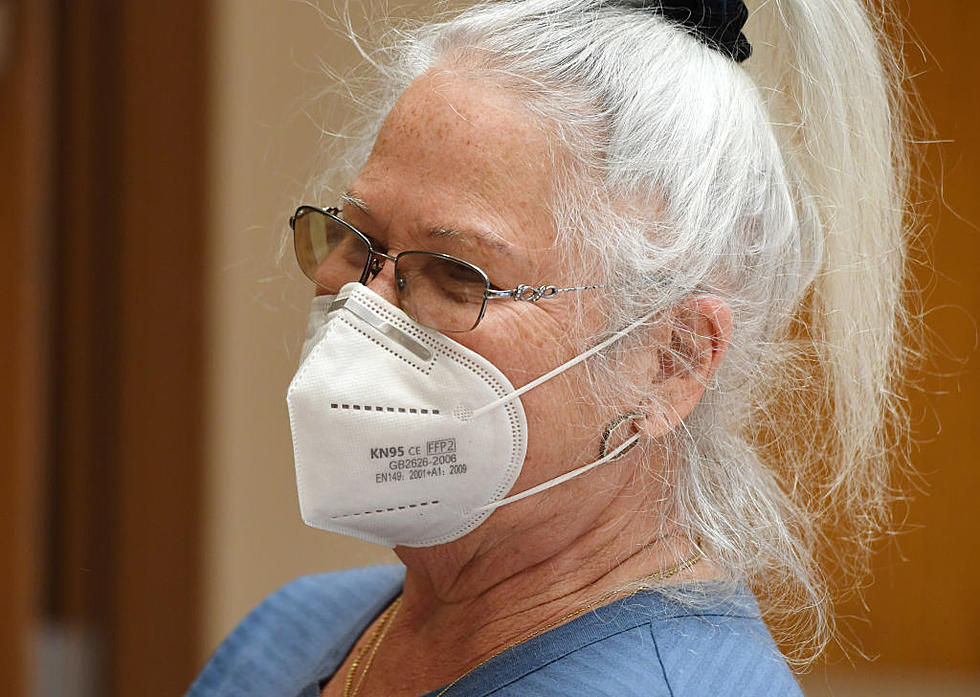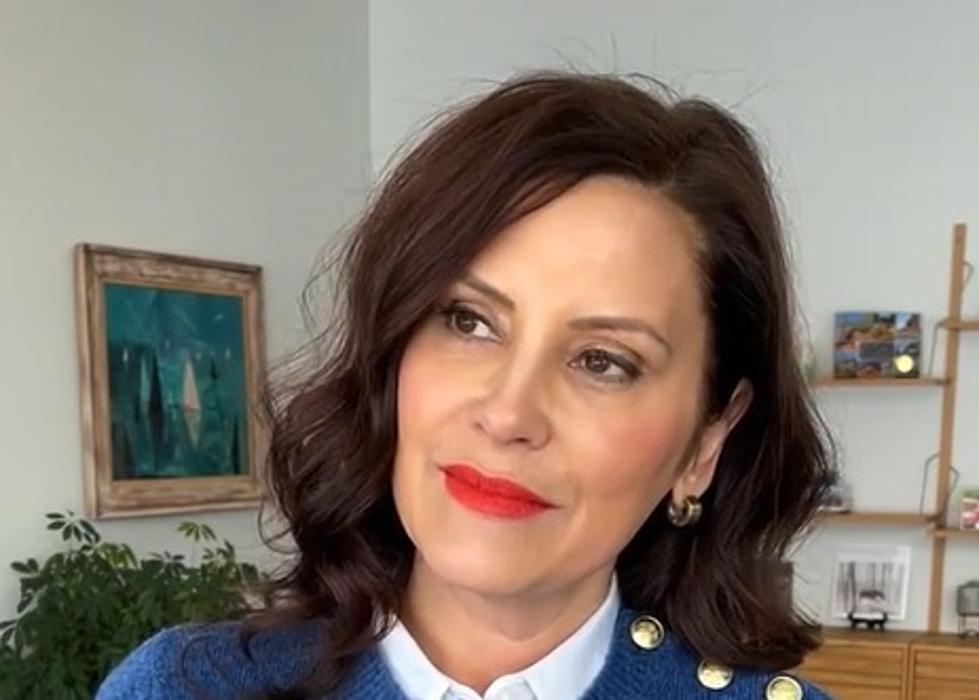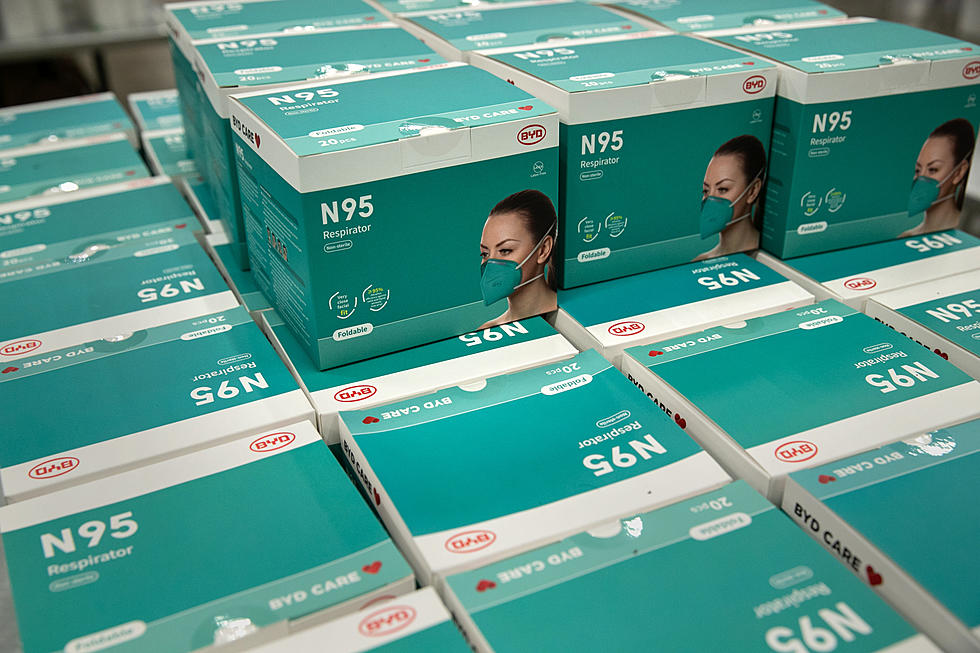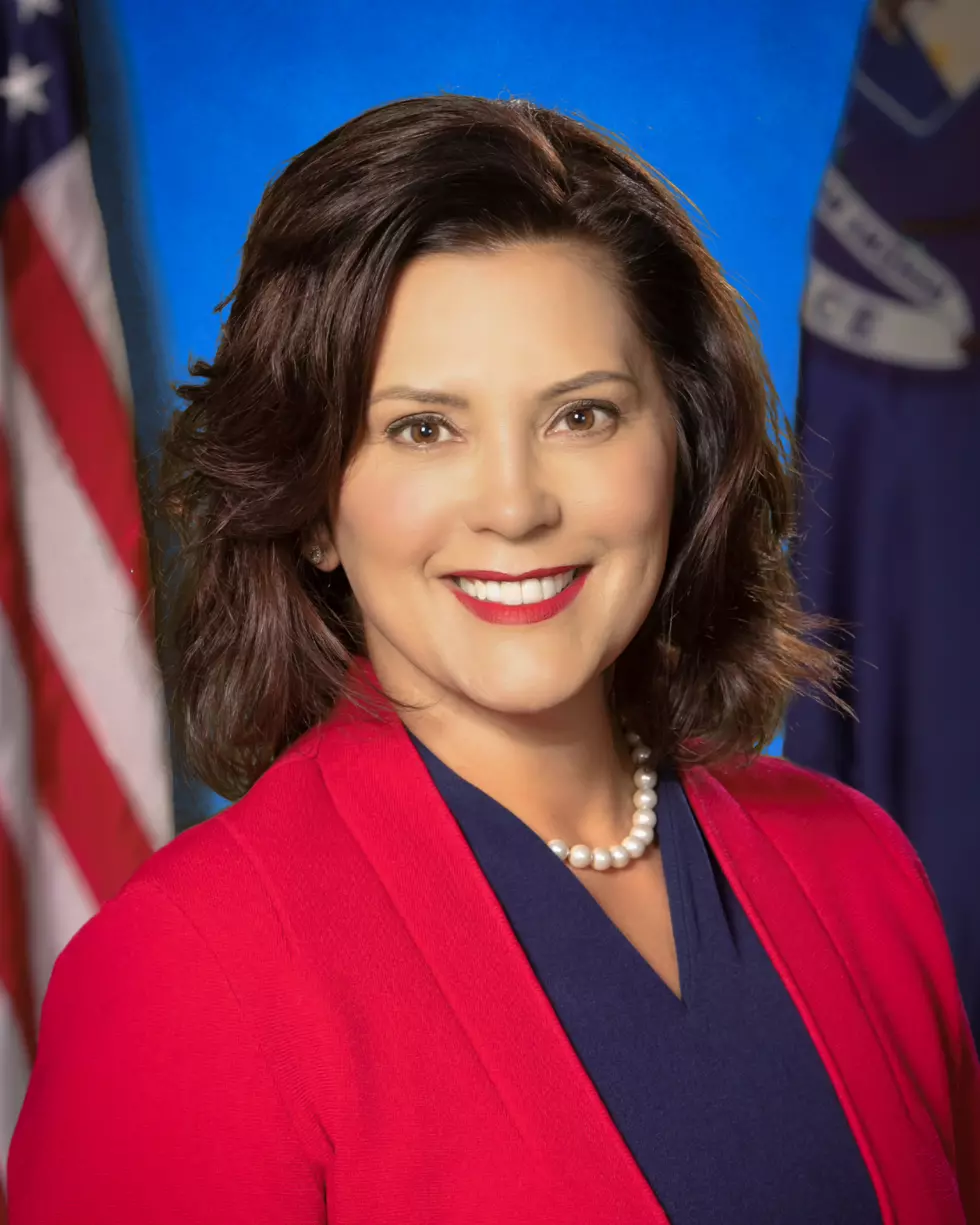
Gov. Whitmer Would Seriously Consider Blocking Trump Rally
Before you get super angry and say that it’s all about her trying to become the Vice President, she could really have our health and well-being as a top priority. I mean, after all, it's more than likely the reason why we're one of only three states that seem to have actually slowed the spread of COVID-19.
But Monday the Detroit News reported that according to Associated Press governor Whitmer said that she would think very seriously about trying to stop any public events or large rallies during the COVID-19 pandemic.
News of the governor's remarks, of course, coming after President Trump's first rally since the coronavirus pandemic hit in March was held in Tulsa over the weekend. In fairness, her comments were made before the campaign rally happened on Saturday in Tulsa, Oklahoma.
It’s no secret that the president and Michigan's governor are at odds with each other over the handling of the coronavirus pandemic. But when making the comment about stopping the rally she said it would be because we’re under an executive order, as of June 5th, that limits inside gatherings to 50 people and outside gatherings to 250 people.
According to The Detroit News, Gov. Whitmer told the Associated Press,
We know that congregating without masks, especially at an indoor facility, is the worst thing to do in the midst of a global pandemic. I just know we have limitations on the number of people that can gather and that we’re taking this seriously.
She’s not banning public rallies, as long as they follow health guidelines set by the state in coordination with CDC guidelines which ultimately says on its website
The size of an event or gathering should be determined based on state, local, territorial or tribal safety laws and regulations.
The Detroit News reports that last Thursday, Vice President Mike Pence was in Sterling Heights with Republican U.S. Senate candidate John James, speaking at an event that followed health guidelines and stayed within the 250 person limit.

KEEP READING: See states hit hardest by COVID-19’s impact on tourism
More From 100.5 FM The River

